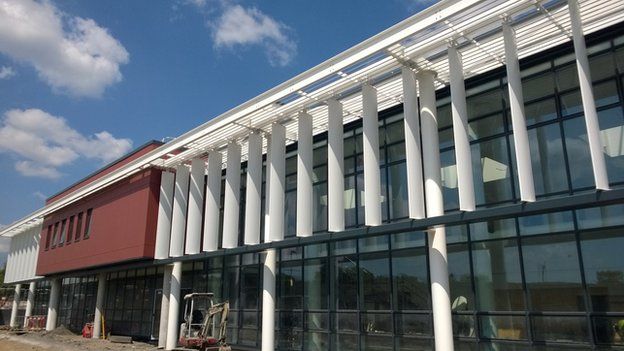524 - DermaClose for fibula donor site closure: A Technical Note
J Edmondson A Davies A Henry K Shah
Presented by: Jennifer Edmondson
Morriston Hospital
Introduction: The fibula free flap is often chosen to reconstruct composite defect in oral and maxillofacial surgery. Commonly employed techniques to close the fibula donor site are primary closure or skin grafts which can be split thickness or full thickness. Literature indicates that there are high rates of donor site complications after a fibula flap which has been supported by our local five-year retrospective review in Swansea OMFS department. We outline the use of DermaClose a ‘continuous external tissue expander’ technique to close the donor site of a fibula flap as an alternative to a skin graft when primary closure cannot be achieved. Methods: A trial of this novel technique documenting the inset, monitoring, adjustment and final result of this donor site wound. Description of the system and comments on operator and patient experience. Results: Closure was achieved in this case, without the need for a skin graft. There have been no major complications such as wound dehiscence or wound infection. The patient required two dressing changes for monitoring and adjustment. Good operator feedback and ease of use was received on the technique. Conclusion: The use of DermaClose was effective at closing this fibula donor site, avoiding the need for a skin graft and the associated morbidity. Results from this case suggest that DermaClose could be a promising alternative to traditional fibula donor site management.
Consent Statement: Written informed consent for publication of their clinical details and/or clinical images was obtained from the patient/parent/guardian. A copy of the consent form is available for review by the the meeting organisers or the Editor of this journal..
Poster








